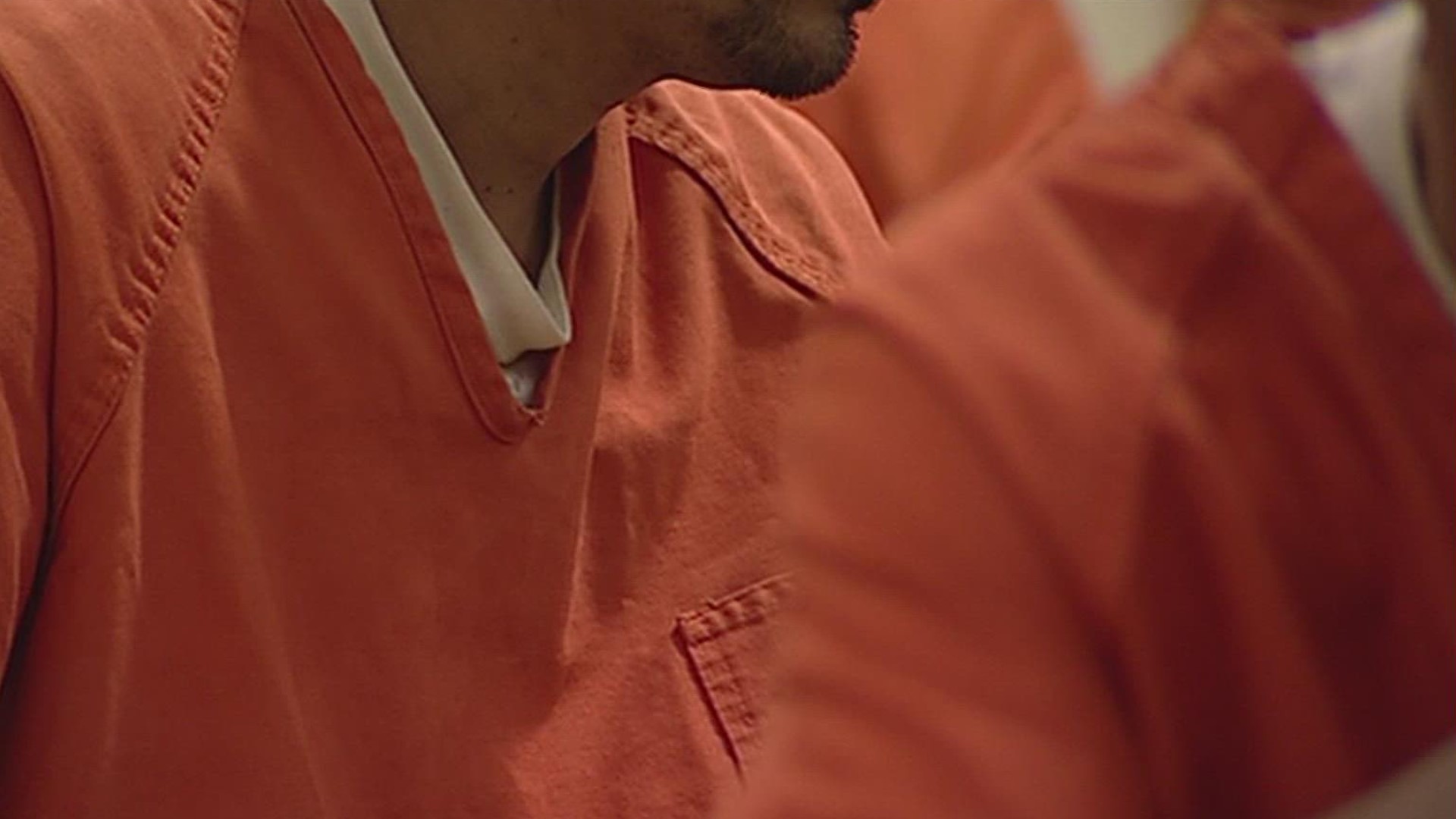SANTA ANA, Calif. — The killing of a gay University of Pennsylvania student in Southern California more than six years ago was a hate crime, a prosecutor said Tuesday in opening statements of a murder trial.
The defendant, 26-year-old Samuel Woodward of Newport Beach, is accused of stabbing to death Blaze Bernstein, a 19-year-old gay, Jewish college sophomore who was home visiting family on winter break. The two had previously attended the same high school in Orange County.
Prosecutor Jennifer Walker said Woodward had joined a violent, anti-gay, antisemitic group known as Atomwaffen Division and repeatedly targeted gay men online by reaching out to them and then abruptly broke off contact while keeping a hateful, profanity-laced journal of his actions.
Weeks before the killing, Woodward showed an interest in moving from words to violent actions, she said, and he then contacted Bernstein online.
“The defendant is guilty of killing Blaze Bernstein because he was gay,” she told jurors, adding that the victim was stabbed 28 times. “You will see that Blaze fought for his life as best he could.”
Woodward has pleaded not guilty to murder with an enhancement for a hate crime.
Defense attorney Ken Morrison did not dispute that his client carried out the fatal attack but said Woodward didn’t plan to kill anyone and didn’t hate Bernstein, and particularly not because he was gay.
Morrison said his client faced challenges in personal relationships due to a long-undiagnosed autism spectrum disorder and was confused about his own sexuality. He grew up in a politically conservative and devout Catholic family where his father criticized homosexuality, Morrison said. But Woodward had sent sexual messages to a former high school classmate.
“We agree the evidence will show that Samuel Woodward is guilty of homicide,” Morrison told jurors, adding later that “what happened that night, plain and simple, was not a hate crime.”
Woodward sat in the courtroom wearing a suit jacket, his shoulder-length hair almost completely covering his face.
Morrison said he believes Woodward will testify during the trial, which is expected to last months.
Bernstein disappeared in January 2018 after he went with Woodward to a park in Lake Forest, about 45 miles (70 km) southeast of Los Angeles. After Bernstein missed a dentist appointment the next day, his parents found his glasses, wallet and credit cards in his bedroom and tried reaching him but he didn't respond to texts or calls, prosecutors wrote in a trial brief.
Authorities and community members launched an exhaustive search for Bernstein in the days that followed. Bernstein's father scoured his son's social media and saw he had communicated on Snapchat with Woodward, so he reached out and Woodward told him that Bernstein had gone to meet a friend in the park and hadn't come back, Walker said.
Days later, Bernstein's body was found buried in a shallow grave at the park. He had been repeatedly stabbed in the face and neck, his shoes were between his legs and his jacket was covering him, Walker said.
Authorities searched Woodward's family home in Newport Beach and found a folding knife with a bloodied blade in his room, authorities said. They also found a black Atomwaffen mask with traces of blood, Walker said.
Authorities also found a host of anti-gay, antisemitic and hate group materials and learned that Woodward had traveled to meet a leader of the group, she said.
The case took years to go to trial after questions arose about Woodward's mental state and following multiple changes of defense attorneys. Woodward was deemed competent to stand trial in late 2022.
Opening statements were expected to continue on Wednesday.

